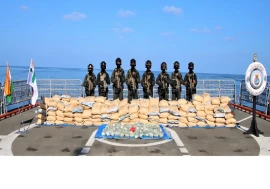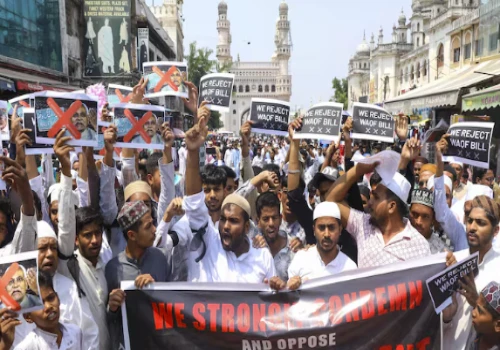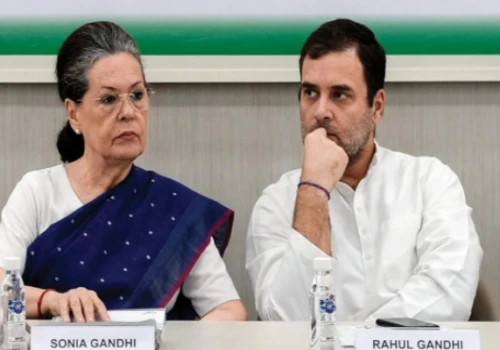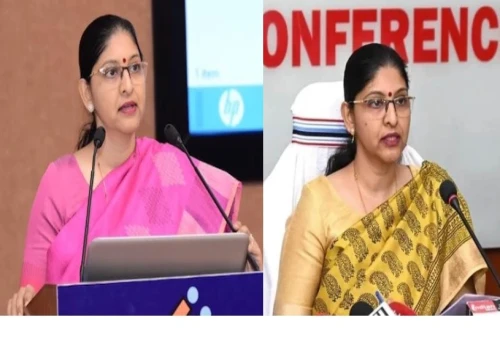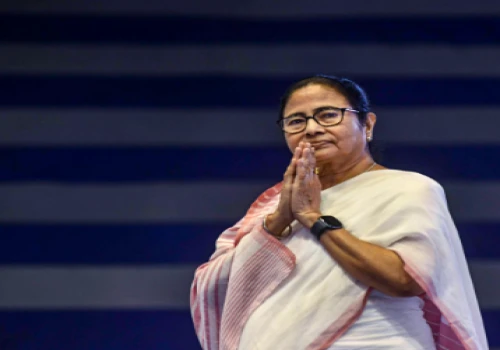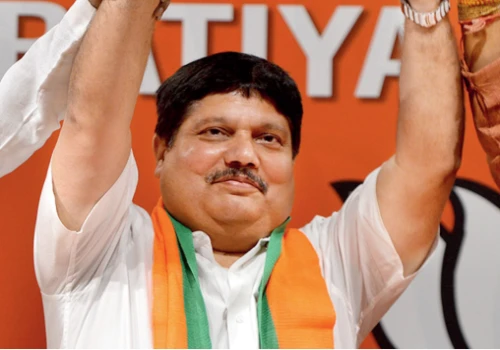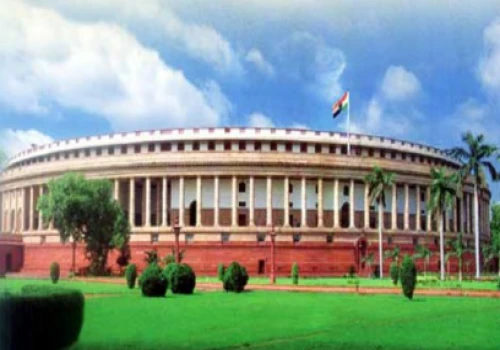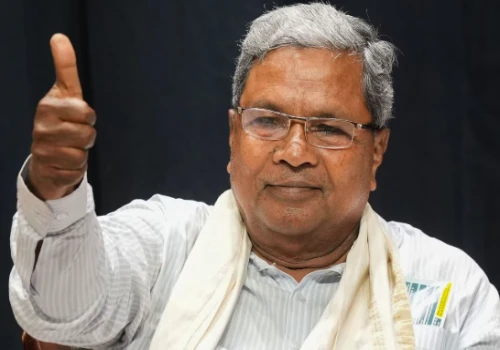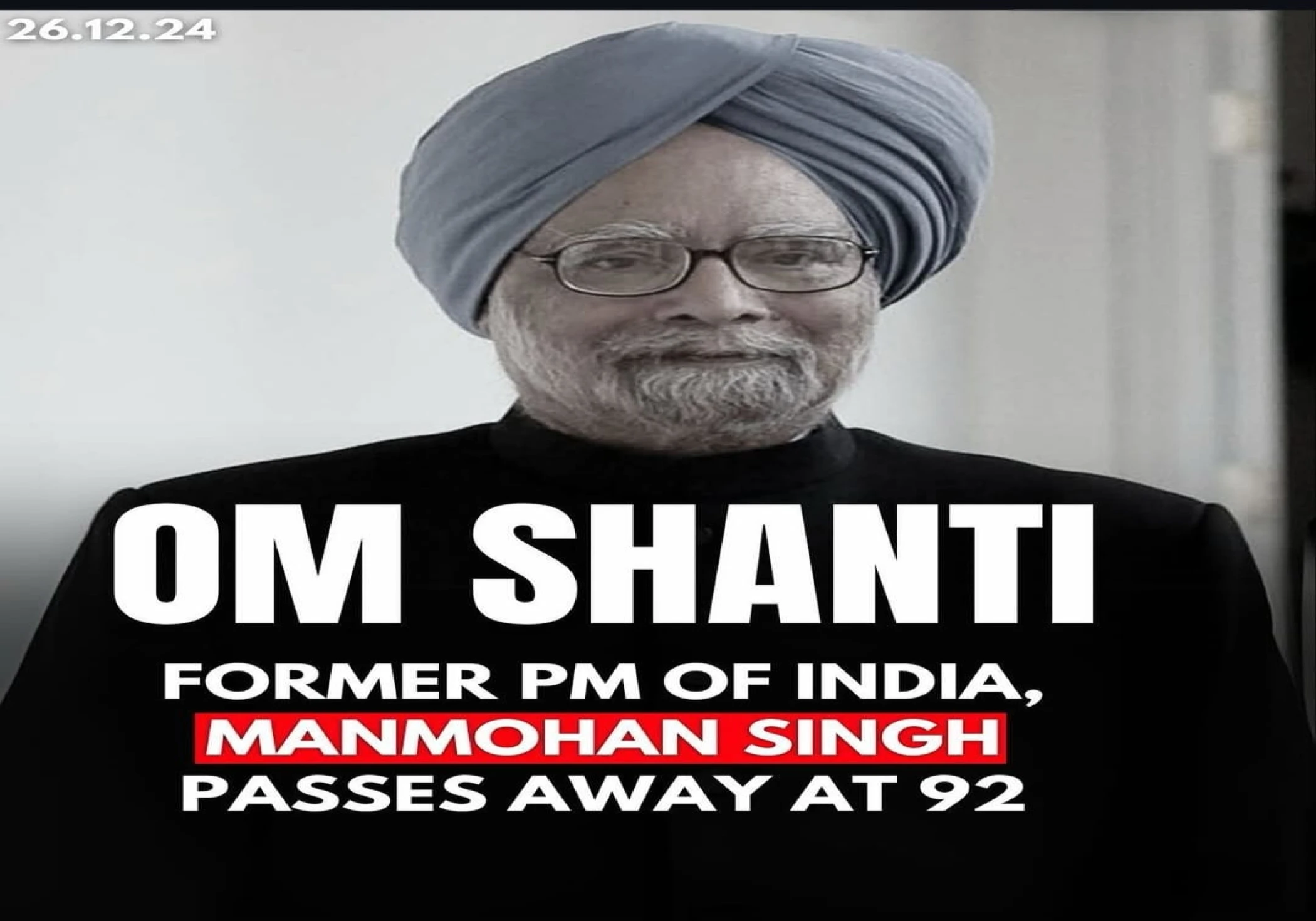
December 26, 2024 – India is in mourning today with the passing of former Prime Minister Dr. Manmohan Singh at the age of 92. The iconic leader and economist, known for steering India through significant economic reforms, breathed his last at AIIMS, New Delhi, after a period of ill health.
Dr. Singh, who served as Prime Minister from 2004 to 2014, played a pivotal role in India's rise as an economic power. He was also responsible for the country's economic liberalization as Finance Minister from 1991 to 1996, transforming India into a global player through his reformative policies.
Champion of Transparency: RTI Act Among his many achievements, Dr. Singh’s leadership was instrumental in the introduction of the Right to Information (RTI) Act in 2005. The RTI Act became a powerful tool for promoting transparency and accountability in governance, allowing citizens to access information from public bodies. Dr. Singh's government ensured the smooth passage of this legislation, empowering Indian citizens to hold their government accountable and marking a new era of open governance.
Contributions to the Maritime and Shipping Industry Dr. Singh’s legacy also extends to India’s maritime sector. Under his leadership, the National Maritime Development Programme (NMDP) was introduced to modernize and expand India’s port infrastructure. His government fostered private sector involvement in port development, enhancing operational efficiency and boosting cargo handling capacities at major Indian ports.
As India became increasingly integrated with global markets, the shipping industry grew rapidly, benefiting from the economic reforms initiated by Dr. Singh. His administration also laid the foundation for coastal shipping development and improved maritime security following the 2008 Mumbai attacks, strengthening India’s naval and coastal defense systems.
A Life of Public Service Born on September 26, 1932, in Gah, Punjab (now in Pakistan), Dr. Singh’s journey from an academic to one of India’s most influential leaders was extraordinary. He pursued his education at Cambridge and Oxford, specializing in economics. His career included prestigious roles such as the Governor of the Reserve Bank of India and Deputy Chairman of the Planning Commission, before assuming national leadership.
Dr. Singh is survived by his wife, Gursharan Kaur, and three daughters. His passing has led to an outpouring of tributes from across the world, with leaders and citizens alike remembering his deep commitment to the nation, humility, and dedication to public service.
Funeral details are expected soon as India prepares to bid farewell to one of its most respected leaders, whose contributions shaped the nation’s economic, maritime, and governance landscapes for generations to come.

